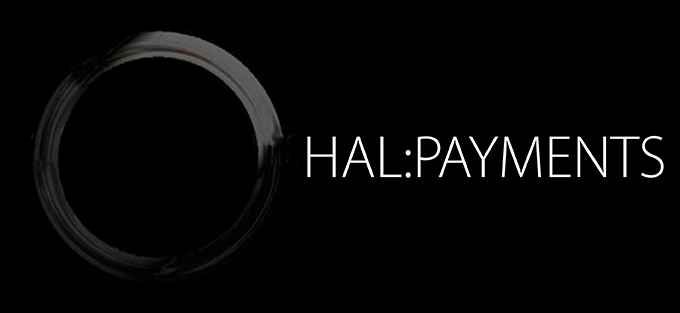What is the current UK Debt (Proportion/ Demographics)
At the end of October 2021, collectively the UK population owed £1.748 Billion in debt, with the average debt per person in the UK standing around £62,000 including mortgages. With the rise in Buy Now Pay Later (BNPL) schemes which currently remain unregulated, it has left 4 in 10 people in the UK struggling to pay their bills with consumers having racked up cumuativly over £4 Billion in debt across the UK. Klarna reports that the average BNPL debt per user averages around £538 per person. Personal debt interest payments across 2021 have averaged £122 Millon per day. The COVID-19 pandemic has had a varied impact upon the average household debt across the UK, however the general trend highlights wealthier households having the ability to accumulate savings and pay off any unsecured personal debt, whereas the lower and middle income households saw a persistent fall in incomes, to which they are likely to have taken on additional debt to manage increased spending in bills as they are forced to spend more time at home rather than at work or school. It is estimated around 6 million UK adults have fallen behind on at least one, if not more household bills during the pandemic, with the largest being phone and broadband bills (3.4 million). Overall, during 2021, Experian reported the UK’s average credit score as 797, however, this varies with different age ranges, with those aged 31-35 having the lowest average score of 770.
Debt Management
With the UK personal debt growing at a rapidly alarming rate, and so many not being able to pay, Debt Management Schemes offer a personalised guidance to handle personal debt. The government defines a Debt Management Plan as an agreement between you and your creditors to pay all of your debts. Customers can arrange a Debt Management Plan (DMP) themselves, or through a specialist FCA authorised organisation, in which the company shares out the money the customer pays to them between creditors and the Debt Management company. Customers can only take out a DMP with a registered company for non-priority debts, such as personal loans. These organisations focus on working alongside you and the creditors to work out affordable repayment schemes and often focus on decreasing interest rates and waiving late fees to make a person’s debt more manageable. Debt management Plan lengths depend on the size of the debt and the repayments amount each month, however typically DMP’s can last between 5-10 years.
Advantages of DMP
Makes monthly repayments lower. This can help show creditors customers are willing to repay, and as such they sometimes waive late fees or reduce interest rates making repayments more manageable.
Most people with a DMP in place pay off their debt quicker than those who do not
A DMP is not a legally binding debt solution and won’t appear on any public registers, so nobody needs to know about your DMP unless you tell them.
A DMP can also help increase consumers credit scores, with those who take out a DMP with a registered company seeing their scores increase on average by around 62 points per year (however this isn’t guaranteed).
The customer doesn’t have to individually reach out to all their different creditors. The DMP agency will contact the creditors on your behalf and work alongside both the customer and the creditor to work out minimum repayments to keep both parties happy.
Disadvantages of DMP
Debt Management plans are involuntary, and as such sometimes creditors can cease or change the agreement at any given time, however if the repayments are made every month, this is unlikely to happen.
Not all creditors participate in debt management plans (however often, most do as this guarantees some form of payments each month).
DMP requires consistent payments each month. Whilst this is often tailored to your average monthly income including some room for unexpected finances, if a substantial financial burden occurs, this can leave some people unable to make a month’s payment.
Most DMP agencies require the consumer to close the credit card accounts they have and due to decreased credit scores, the customer may struggle to obtain credit for a short period of time.
Debt Settlement
Debt settlement agreements is when a customer (or a company negotiating on their behalf) reaches an agreement with the creditors where they accept less than the full amount owed, but the debt is paid off in one lump sum.
Report written by Iona Diack – Research Consultant HAL Payments Consultancy

